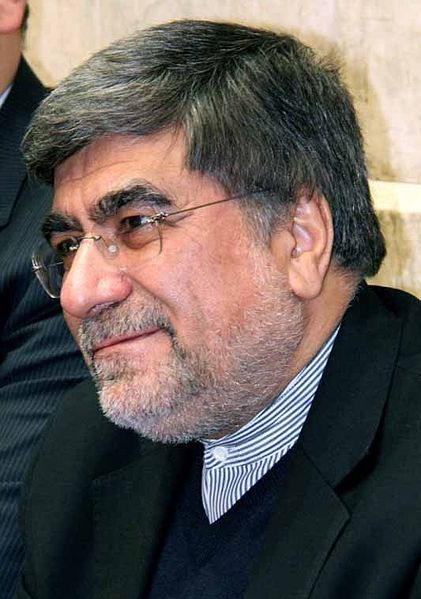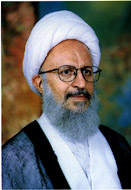November 27-2015

. . . no meeting of the minds; in fact, no meeting
Culture Minister Ali Jannati traveled to Qom last week in an effort to calm clerics angry at his policies, widely viewed as too liberal—but one of the most senior ayatollahs refused even to meet with the minister.
Ayatollah Naser Makarem-Shirazi, one of the country’s most politically active clergymen, was not silent about his refusal to see the minister. He issued a public statement announcing the rebuff and saying he had “major objections” to some of the books that Jannati has allowed to be published in Iran.
“In case of a change, [Makarem-Shirazi] will not only meet with the minister but will also praise him and thank him,” the statement said. “But meeting him now would be a signal of

approval.”
Makarem-Shirazi’s office issued the statement a few days after the Culture Ministry said Jannati had been unable to meet the ayatollah during his visit to Qom because of the cleric’s “illness.”
One of Jannati’s meetings was with Ayatollah Vahid Khorasani who told Jannati his main duty was to maintain the public’s Islamic beliefs. “You must guard against three dangers: the promotion of Wahhabism, Baha’ism and Christianity among Muslims,” he said, according to news reports. The addition of Christianity to the danger list was a sign of changing times.
A topic that reportedly came up repeatedly in Jannati’s meetings was the danger of women singing solo at public events. Reports have circulated over the past month asserting that a female vocalist sang solo on October 16 and 18 at concerts by the Tehran Symphony Orchestra.
Jannati assured Ayatollah Khorasani that the ministry has not and will not authorize any solo performances by female singers. The Culture Ministry said last month that a video that focused in on one woman singing during a rehearsal sparked the rumor. It said the woman was one of dozens of male and female singers in a chorus, but the cameraman chose only to film the one woman.
Addressing a news conference as he arrived in Qom, Jannati said some groups are seeking to provoke frictions between senior clergymen and the government. “Unfortunately, these groups distorted news items and some facts and then passed them on to the offices of senior clerics, Friday prayer leaders and Majlis deputies,” Jannati said.























